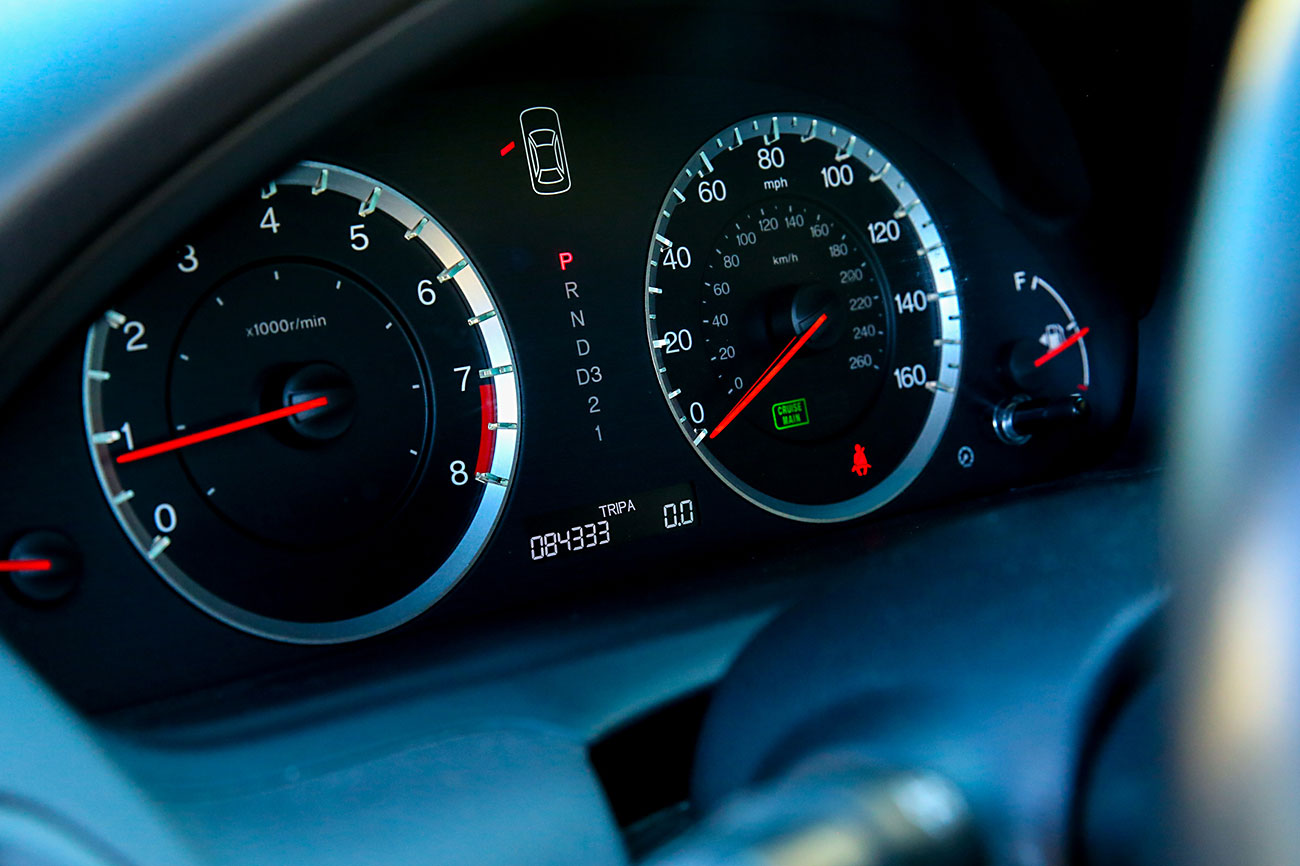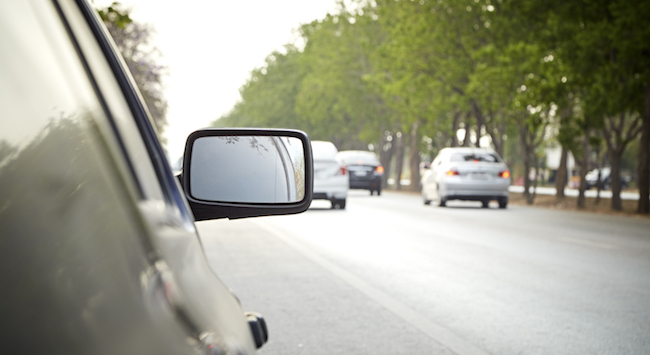Two recent Tax Court cases show why it’s so important to keep contemporaneous mileage logs when claiming deductions for business driving. “Contemporaneous” means updated at least weekly.
In the first case, the taxpayers lost a mileage deduction of over $22,000 because they lacked a mileage log or any other credible records of their business driving. They kept no log or other records during the year but later prepared a log when they appealed their case to the Tax Court.
However, the Tax Court held this was inadequate because it was created long after the driving occurred and failed to show the names and addresses of customers or the businesses that were visited or the business purpose of the trips. (Renner v. Comm’r., T.C. Memo. 2015-102.)
In the second case, in contrast, the taxpayer had his $28,504 driving deduction upheld by the Tax Court. He worked as a construction manager and kept a calendar that he updated weekly showing the miles he drove for business. He also had a logbook in which he recorded his daily business activities. The Tax Court held that together these were sufficient to back up his deduction. (Ressen v. Comm’r., T.C. Sum. Op. 2015-32.)
What Does a Mileage Log Look Like?
Your mileage driven for business can lead to significant savings through the mileage deduction. But, the IRS requires specific pieces of information in your documentation. Here is how a proper mileage logbook can help you avoid an audit.
According to the IRS, your mileage log must include a record of:
- Your mileage
- The dates of your business trips
- The places you drove for business
- The business purposes for your trips.
The IRS also wants to know the total number of miles you drove during the year for business, commuting, and personal driving other than commuting.
By far the best way to prove to the IRS how much you drove for business is to keep contemporaneous records. “Contemporaneous” means your records are created each day you drive for business, or soon thereafter.

















